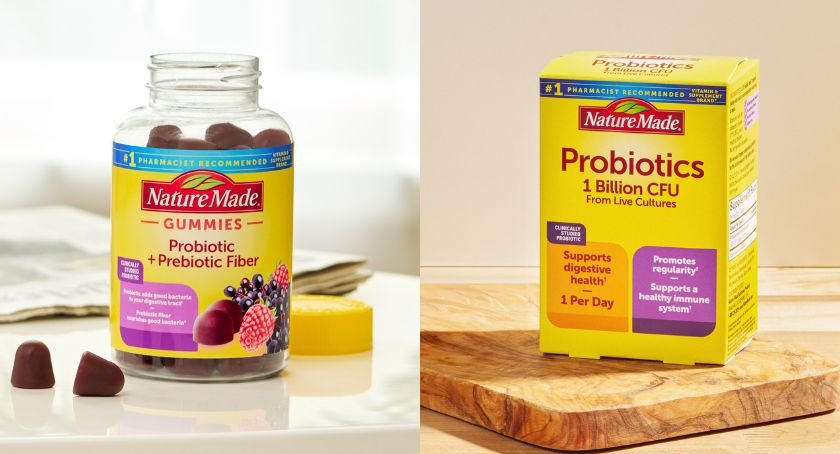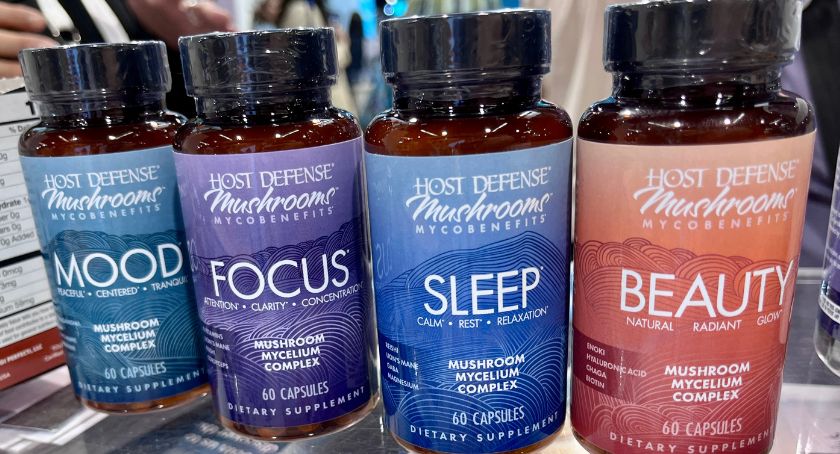Market Updates, Research
Ahiflower Replaces Key Tissue DHA in Mice Comparably to Marine DHA
While Ahiflower oil contains no DHA, the omega-3s found within it readily converted to DHA at substantial levels in mice.

By: Mike Montemarano

The omega-3 fatty acids present in Ahiflower (Buglossoides arvensis) oil were shown to help synthesize DHA (docosahexaenoic acid) in key tissues like the liver, fat, and brain in mice in a study published in BBA – Molecular and Cell Biology of Lipids, despite the fact that Ahiflower oil itself doesn’t contain DHA.
The research team, led by Prof. Richard Bazinet and Assistant Prof. Adam Metherel, found that brain DHA synthesis and turnover rates in mice that were fed Ahiflower oil were not statistically different than in mice which were fed a purified marine DHA-only oil. The DHA-fed mice were given realistic human-equivalent intakes that were matched for total polyunsaturated fatty acid (PUFA) content.
“Our findings indicate that Ahiflower oil may be a useful plant-based dietary source for maintaining tissue DHA turnover comparably to dietary DHA,” the authors concluded.
The animal study provides preliminary evidence that Ahiflower oil, despite containing zero DHA, may be efficient in forming DHA in tissues where mammal bodies naturally synthesize it, store it, or deploy it from plant-based omega-3 ‘precursors to support cell membrane, immune, and neurotransmitter functions.
The oil contains the highest available omega-3 SDA (stearidonic acid) content, which bypasses a rate-limiting step in the liver, allowing it to serve as a plant-based ingredient which may replenish DHA without relying on marine ecosystems or genetically-modified crops.
“Given the shift toward more plant-based dietary food choices and the potentially ecologically disastrous implications of current dietary DHA recommendations, Ahiflower oil may present and important dietary source of omega-3 PUFA capable of supporting tissue DHA requirements in an environmentally sustainable manner,” the authors concluded.
While the omega-3 index, which measures red blood cell concentrations of EPA and DHA, is useful in tracking changes in omega-3 status through dietary intakes of EPA and DHA, the authors noted that it can’t track changes in how key tissues locally synthesize DHA.
“Ahiflower oil feeding can supply DHA to tissues at similar rates compared to DHA feeding alone, and once again reveals a limitation of considering DHA levels only as a marker of DHA status in tissue,” the authors wrote. “Conversely, flaxseed oil fed mice displayed significantly slower DHA synthesis/turnover kinetics compared to DHA feeding alone and may indicate flaxseed oil’s relatively slower ability to supply DHA to tissues.”
No dietary ‘precursor’ to DHA has been shown to increase circulating DHA significantly, but the research indicates that Ahiflower oil may help key tissues like the liver and brain synthesize DHA with faster turnover than other plant sources like flaxseed.
Compared to pure marine DHA, Ahiflower oil also converted into a more diverse array of fatty acids in serum, liver, and fat, including the omega-3s ETA, EPA, and DPA, plus the omega-6 fatty acids GLA and DGLA. Collectively, these fatty acids are considered inflammatory-modulating as they convert to oxylipin.
“For many decades, consumers and practitioners have been told that all plant-based omega-3 sources convert inefficiently to longer-chain DHA,” said Greg Cumberford, VP of science and regulatory at Natures Crops International, the global producer of Ahiflower oil. “This new research indicates that the story with Ahiflower oil is more nuanced. Even though dietary ahiflower oil does not raise circulating DHA levels, it is clearly forming liver, adipose, and brain DHA quite efficiently in mice, with comparable efficiency as purified marine DHA.”
Andrew Hebard, founder and CEO of Natures Crops, noted that there is already peer-reviewed, published evidence that Ahiflower can boost circulating EPA and anti-inflammatory interleukin-10 in humans.
“We are excited by this and other forthcoming functional health science research findings with Ahiflower oil,” Hebard said. “We hope this new DHA biosynthesis research will add important momentum to Ahiflower oil being embraced as a distinctly complementary ‘multi-omega,’ with its own range of recognized anti-inflammatory cell signaling activities in the body, including a capacity to form as much EPA and DHA as needed in healthy adults while providing a fully scalable, traceable, and climate-resilient source of balanced omegas.”




















